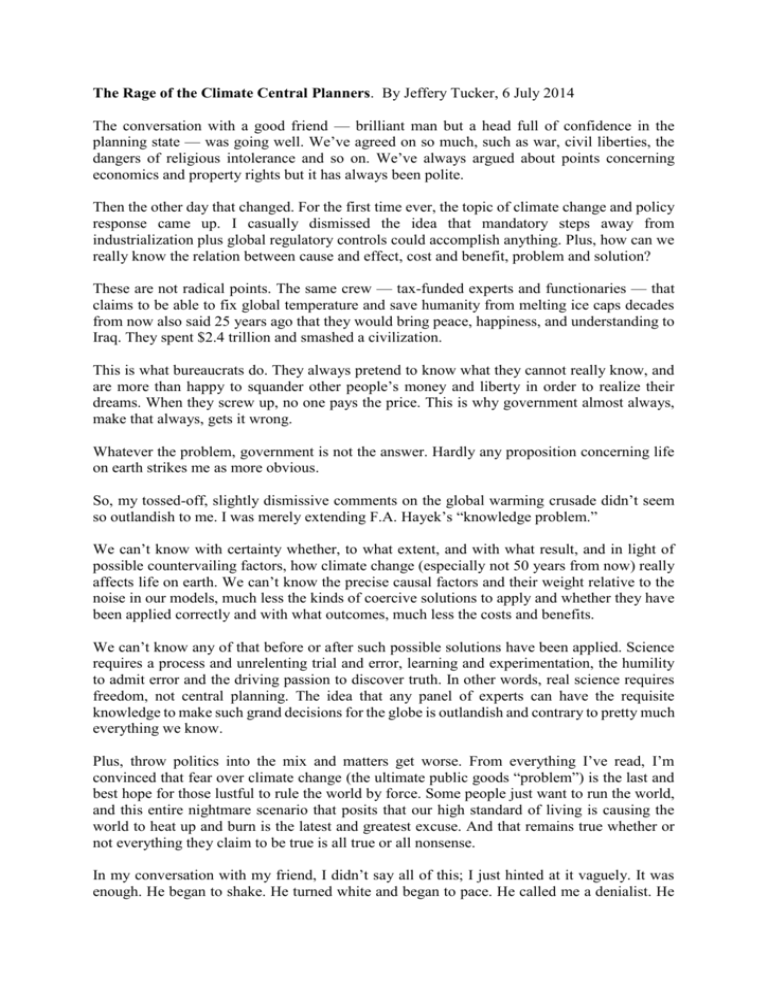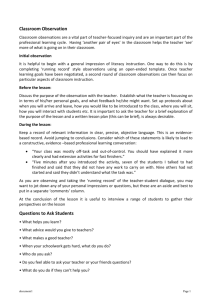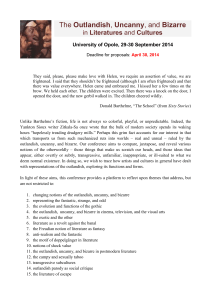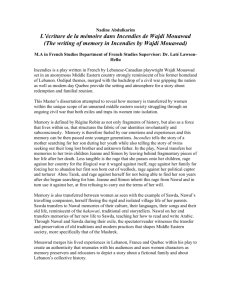The Rage of the Climate Central Planners, 6 July 2014
advertisement

The Rage of the Climate Central Planners. By Jeffery Tucker, 6 July 2014 The conversation with a good friend — brilliant man but a head full of confidence in the planning state — was going well. We’ve agreed on so much, such as war, civil liberties, the dangers of religious intolerance and so on. We’ve always argued about points concerning economics and property rights but it has always been polite. Then the other day that changed. For the first time ever, the topic of climate change and policy response came up. I casually dismissed the idea that mandatory steps away from industrialization plus global regulatory controls could accomplish anything. Plus, how can we really know the relation between cause and effect, cost and benefit, problem and solution? These are not radical points. The same crew — tax-funded experts and functionaries — that claims to be able to fix global temperature and save humanity from melting ice caps decades from now also said 25 years ago that they would bring peace, happiness, and understanding to Iraq. They spent $2.4 trillion and smashed a civilization. This is what bureaucrats do. They always pretend to know what they cannot really know, and are more than happy to squander other people’s money and liberty in order to realize their dreams. When they screw up, no one pays the price. This is why government almost always, make that always, gets it wrong. Whatever the problem, government is not the answer. Hardly any proposition concerning life on earth strikes me as more obvious. So, my tossed-off, slightly dismissive comments on the global warming crusade didn’t seem so outlandish to me. I was merely extending F.A. Hayek’s “knowledge problem.” We can’t know with certainty whether, to what extent, and with what result, and in light of possible countervailing factors, how climate change (especially not 50 years from now) really affects life on earth. We can’t know the precise causal factors and their weight relative to the noise in our models, much less the kinds of coercive solutions to apply and whether they have been applied correctly and with what outcomes, much less the costs and benefits. We can’t know any of that before or after such possible solutions have been applied. Science requires a process and unrelenting trial and error, learning and experimentation, the humility to admit error and the driving passion to discover truth. In other words, real science requires freedom, not central planning. The idea that any panel of experts can have the requisite knowledge to make such grand decisions for the globe is outlandish and contrary to pretty much everything we know. Plus, throw politics into the mix and matters get worse. From everything I’ve read, I’m convinced that fear over climate change (the ultimate public goods “problem”) is the last and best hope for those lustful to rule the world by force. Some people just want to run the world, and this entire nightmare scenario that posits that our high standard of living is causing the world to heat up and burn is the latest and greatest excuse. And that remains true whether or not everything they claim to be true is all true or all nonsense. In my conversation with my friend, I didn’t say all of this; I just hinted at it vaguely. It was enough. He began to shake. He turned white and began to pace. He called me a denialist. He was horrified to discover that his good friend turns out to be some kind of extremist weirdo who disparages science. He began to accuse me of believing in things I never said, of failing to read the science (though later admitting that he hadn’t read the science). I stood there stunned that I could have so quickly and inadvertently changed the whole dynamic of our conversation and even friendship — all for having suggested that something seemed a bit out of whack with mainstream opinion on this topic. This is not the first time this has happened. In fact, I should have come to expect it by now. Every time this subject comes up with anyone who favors government action on climate change, the result has been the same. We seem to be unable to have a rational conversation. It’s like an article of faith for them, and I’m suddenly the dangerous heretic who believes the world is flat. Now, in light of this, I read Paul Krugman this morning. He writes in his column: “Read or watch any extended debate over climate policy and you’ll be struck by the venom, the sheer rage, of the denialists.” The denialists? My whole experience has been the opposite. By denialists, I’m assuming he means people who doubt the merit of his grand central plan for the world economy. Among them, I’ve found a vast range of views, an open mindedness, and curiosity about the full range of opinion, and, quite often, an attitude that seems to me — if anything — to be far too quick to defer to all main conventions of this debate. I have no interest in taking on the science of climatology but every time I’ve looked into this in depth, I’ve found that the consensus is far more loose than people like Krugman would suggest. Real scientists do not have the intensity of certainty that the politicians and pundits demand they have. Discerning cause and effect, cost and benefit, problem and solution, in a field that touches on the whole of the social and natural science — come on. We are kidding ourselves if we think there is just one way to look at this. If you want tolerance and humility, and a willingness to defer to the evidence and gradual process of scientific discovery, you will find it among those who have no desire to manage the world from the top down. What can we say about those who want to empower a global coterie of elites to make the decision about what technologies we can use and how much under the guise of controlling something so gigantically amorphous and difficult to measure, detect, and precisely manage as earth’s surface temperature? This is a level of chutzpah that surpasses the wildest fantasies of any socialist planner. Even without knowing anything of the literature, without having read any of the best science on the topic, anyone with knowledge of the politics of science and the politics of public policy can know this much: this is not going to end well. And perhaps this explains the incredible intolerance, belligerance, and stunning dogmatism of those who are demanding we shut down the free market in order to accommodate their wishes. They really can’t allow a debate, because they will certainly and absolutely and rightly lose. When that is certain, the only way forward is to rage. Which is precisely what I expect to happen in the wake of what I’ve just written.











